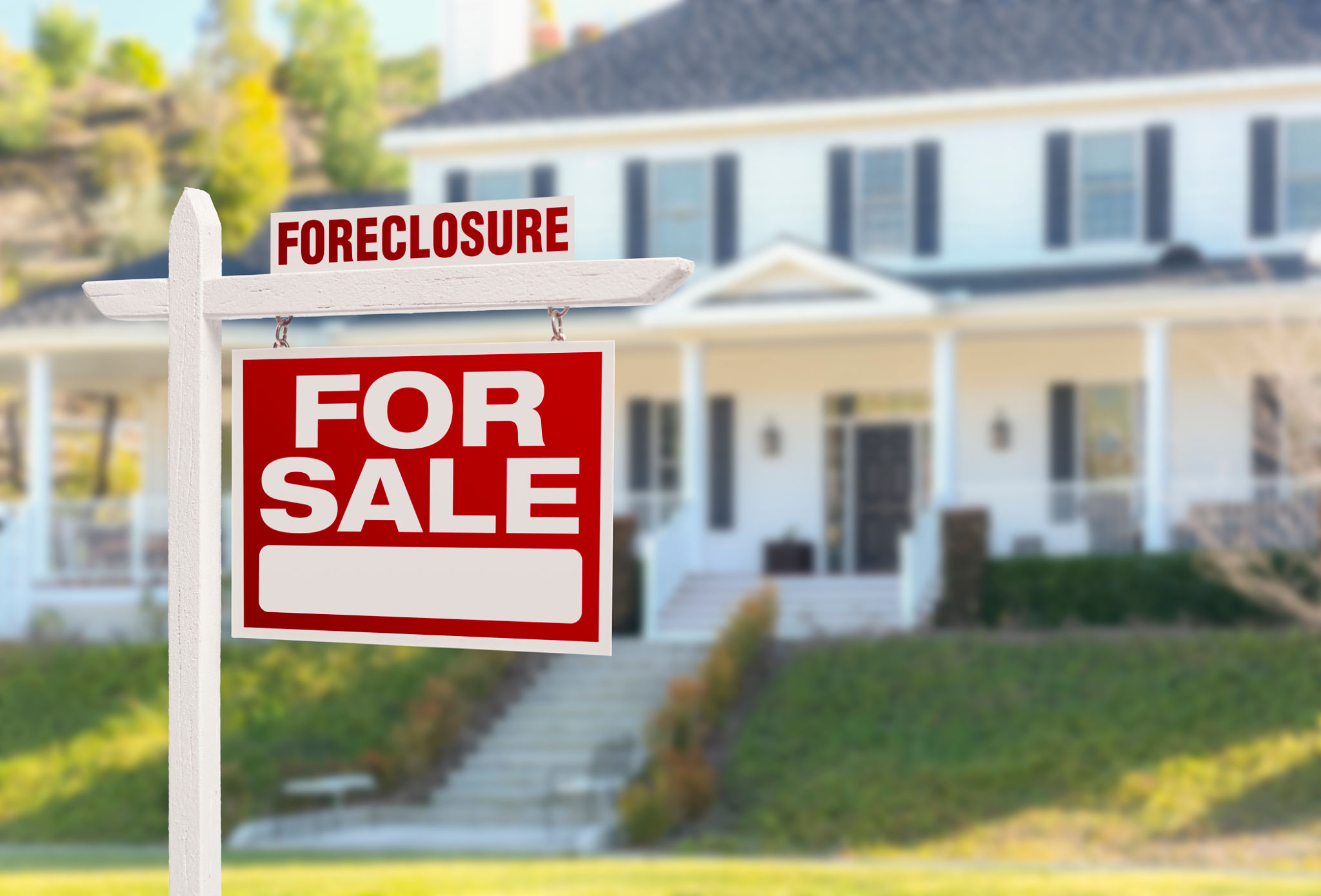What Happens if I Let My House Go into Foreclosure? Expert Insights from Kingdom Realty LLC
Understanding Foreclosure: A Basic Overview
Foreclosure is a legal process in which a lender attempts to recover the balance of a loan from a borrower who has stopped making payments. This process results in the lender taking possession of and selling the mortgaged property. If you're facing foreclosure, it's important to understand the potential consequences and alternatives.
Many homeowners may feel overwhelmed by the prospect of foreclosure, but understanding the steps involved can help you make informed decisions. Below, Kingdom Realty LLC provides expert insights into what happens if you let your house go into foreclosure.

The Timeline and Process of Foreclosure
Initial Stages of Foreclosure
The foreclosure process typically begins after a homeowner misses several mortgage payments. Initially, the lender will send notices to inform you of missed payments and provide a timeline for resolution. Ignoring these notices can escalate the situation quickly, leading to more severe consequences.
Legal Proceedings and Auction
Once the foreclosure process is initiated, legal proceedings may begin. This could involve a court hearing where the lender seeks approval to repossess your home. If granted, the property is usually sold at a public auction. The proceeds from this sale are used to pay off the remaining mortgage debt.

Consequences of Allowing Foreclosure
Impact on Credit Score
One of the most significant impacts of foreclosure is on your credit score. A foreclosure can lower your credit score by 100 to 150 points or more, depending on your initial credit standing. This can affect your ability to secure loans, credit cards, and even rental properties in the future.
Loss of Home Equity
Foreclosure not only results in losing your home but also any equity you've built over the years. This can be particularly devastating if you've invested significant money into your property and relied on it as a financial asset.

Alternatives to Foreclosure
Loan Modification and Refinancing
Before allowing your home to go into foreclosure, consider exploring alternatives such as loan modification or refinancing. These options can help make your mortgage payments more manageable by adjusting terms or interest rates.
Short Sale and Deed in Lieu
A short sale involves selling your home for less than what you owe on your mortgage, with the lender's approval. Another option is a deed in lieu of foreclosure, where you voluntarily transfer ownership of your home to the lender to satisfy the debt. Both options can be less damaging than foreclosure.

Steps to Take if Facing Foreclosure
If you're facing foreclosure, it's crucial to act promptly. Here are some steps you can take:
- Contact Your Lender: Open communication with your lender can sometimes lead to a solution or alternative arrangement.
- Seek Legal Advice: A legal professional specializing in foreclosure can provide guidance tailored to your situation.
- Explore Government Programs: There may be government programs available designed to assist homeowners facing foreclosure.
Foreclosure is a daunting prospect, but understanding the process and exploring alternatives can help mitigate its impact. For personalized advice and assistance, consider consulting with experts like those at Kingdom Realty LLC.